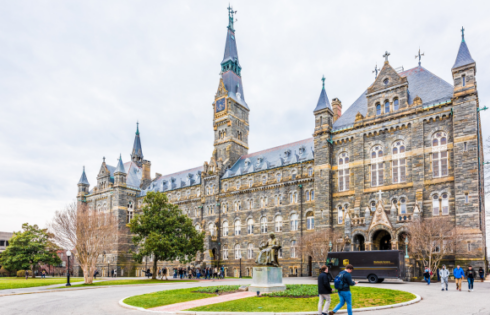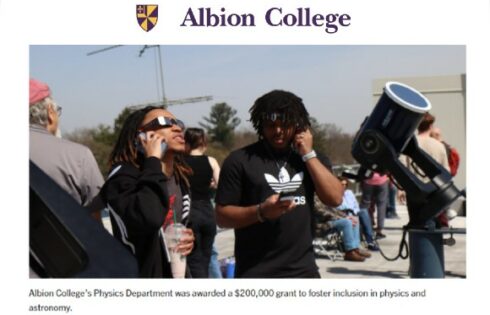A cheating scandal at one of the most prestigious universities in the world, Harvard University, has put a black cloud over basketball program and added fuel to the already-heated discussion of just how much influence college athletics has over academia.
Harvard University has long been known as the pinnacle of collegiate academics. It has not been particularly well known for its athletic success. However, in the spring of 2012, the university found itself with its overall most promising athletics department in its history. The football team had just won the Ivy League Championship. The basketball team finished with an impressive 26-4 record and got its first NCAA tournament berth since 1946. At the end of the term, this exciting new development appeared to be the only thing unusual for the Harvard Crimson. That was before an assistant professor made a momentous discovery when grading exams for an “Introductory to Congress” class.
That specific “Introductory to Congress” class has a reputation for having a light workload. Its final was given to the students to finish over the weekend as an open-book, take-home final. The text, outside sources, as well as the Internet, were permitted to be used for the completion of the examination. However, the exam had an explicit no-collaboration policy.
During the grading, the assistant professor began to notice similarities in exam responses, including a suspicious typo that was present in two of the exams. The assistant professor reported his troubling revelation to the head professor who, in turn, notified the Harvard College Administrative Board. Over the summer, the Administrative Board reviewed each test and interviewed students of the class to see if any knew of students working together or openly plagiarizing each other’s work.
At the beginning of September, Harvard announced that 125 of the 279 students’ tests had been deemed “problematic” and that they would individually appear before the board subject to be penalized by the university – the worst penalty being a one year suspension. The names of the 125 students in question were supposed to be protected by the university by federal privacy laws, but athletes from Harvard’s men’s football, baseball and basketball teams became implicated in the scandal.
It became clear that to some extent the rumors were true when Harvard’s basketball team senior co-captains withdrew in order to preserve eligibility for return following a year of leave of absence from the school and the team. Both players were integral in Harvard’s historic 2011-2012 season. Senior forward Kyle Casey is an All-Ivy League player who averaged a team-leading 11 points and 5 rebounds per game last season. Brandyn Curry averaged 8 points per game as the team’s starting point guard.
Initially, the story of the Harvard cheating scandal reported in the media was that of a single class gone rogue, but now, with some of Harvard’s star athletes implicated, new questions are being asked.
The sex abuse scandal involving the football program at Penn State, along with a recent academic cheating scandal involving athletes at the University of North Carolina, has raised concerns that athletic programs wield too much power and lack sufficient accountability at the collegiate level. Harvard isn’t typically known as a school that puts athletics over academics. But the alleged involvement of Harvard’s lauded co-captains in the worst cheating scandal in Harvard history is sure to fuel further concern about academic integrity among student athletes.
Fix Contributor Blake Baxter is a student at Eureka College.
Click here to Like The College Fix on Facebook.





Please join the conversation about our stories on Facebook, Twitter, Instagram, Reddit, MeWe, Rumble, Gab, Minds and Gettr.